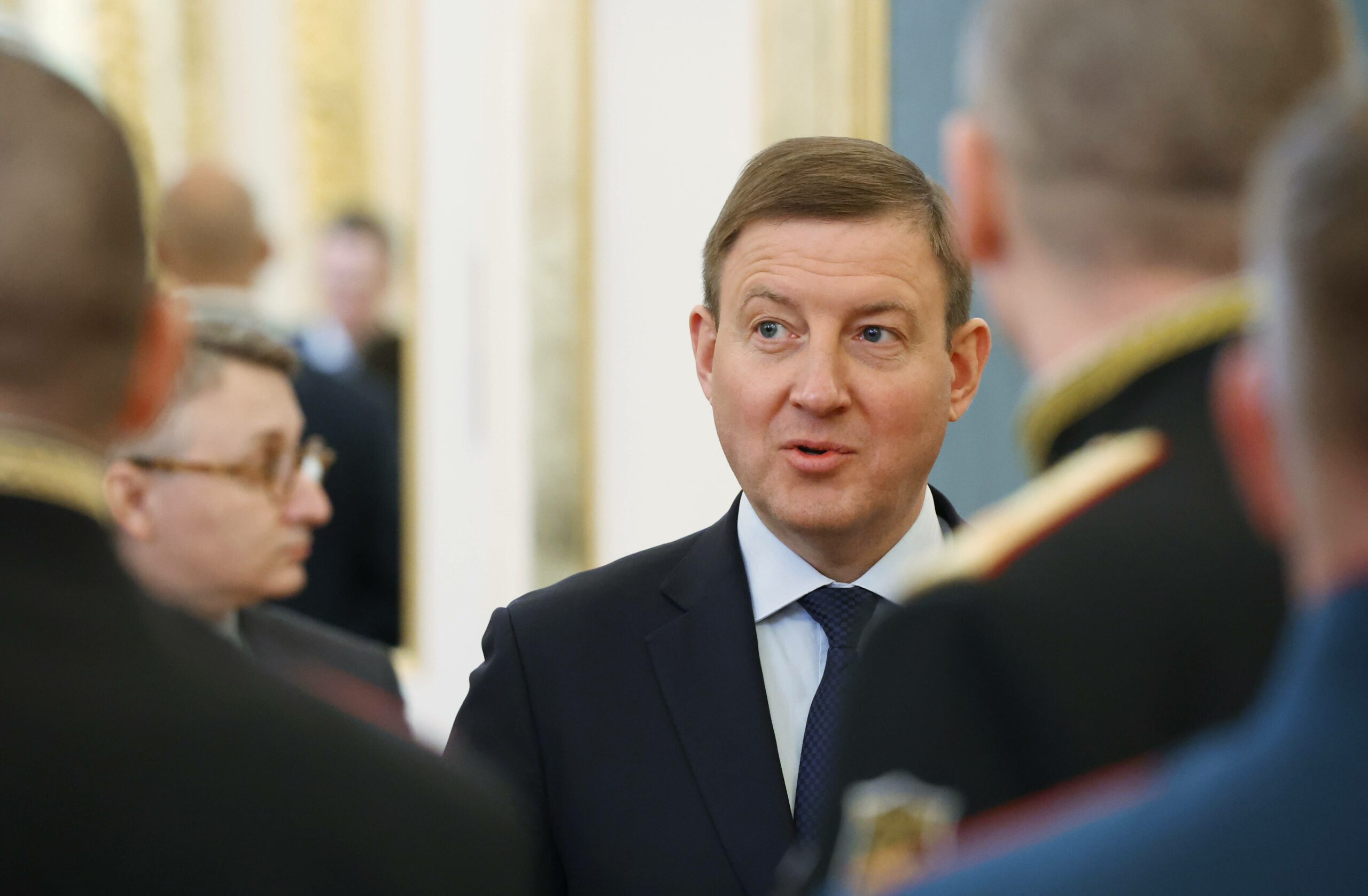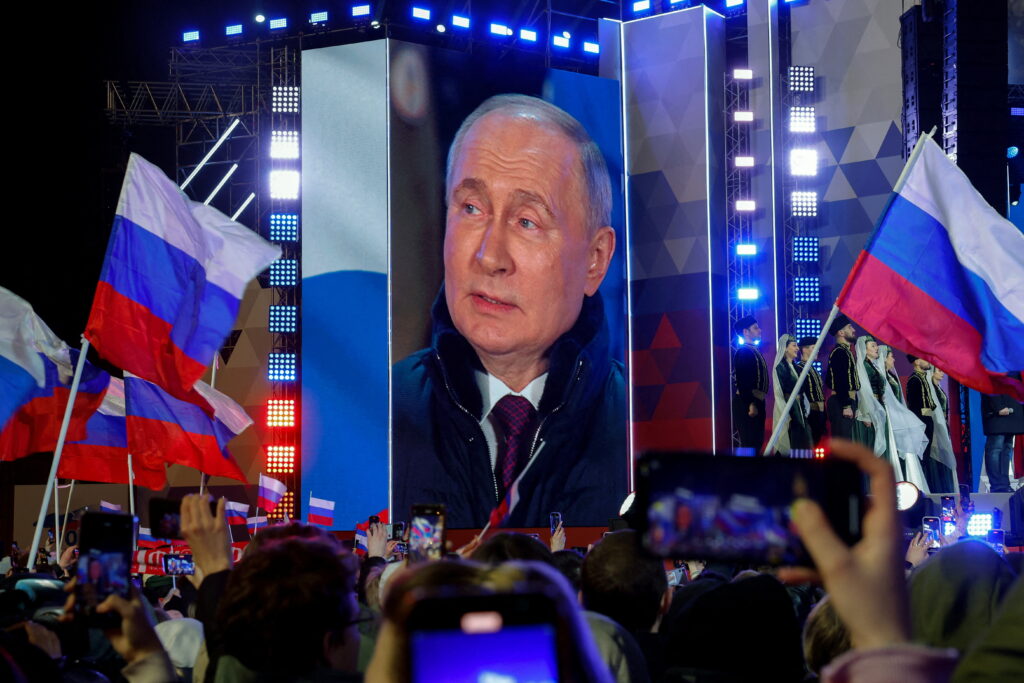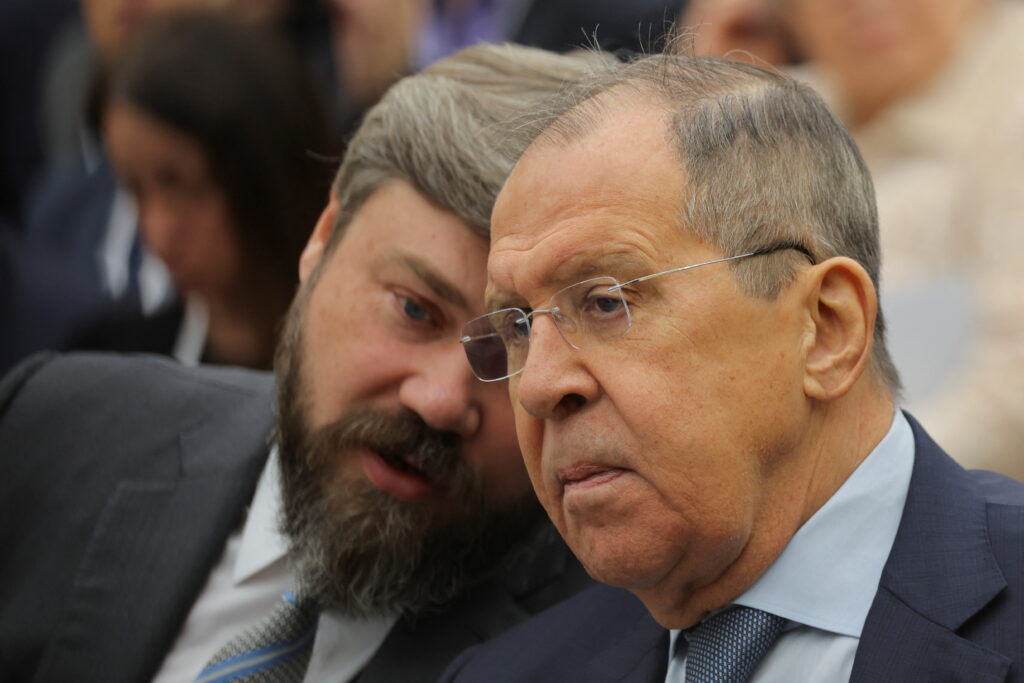Vladimir Putin has sent Andrey Turchak, secretary of the «United Russia» party General Council and first deputy chairman of the Federation Council, to govern the Altai Republic. It is one of Russia’s least populated regions, its budget is small and it is in the red, and its population is steadily declining. For the ambitious Turchak, who had headed the ruling party’s General Council for almost seven years and was in effect its main front man (hence his nickname «gensek», short for «secretary general»), the appointment undoubtedly came as a demotion and exile that could not even be described as honourable. Until yesterday, Andrey Turchak was considered to be one of the most promising princes-heirs to the throne, if not the main one. His father, Anatoly Turchak, has known Putin since the time when the latter worked in the St Petersburg mayor’s office. Turchak Jr was considered one of the main contenders for the post of governor of his hometown or chairperson of the Federation Council, meant to replace the ageing incumbents Alexander Beglov and Valentina Matvienko. However, their powers have been extended, and the promising prince has recently been sent to govern a remote province. He will have to contend not only with economic problems, but also with local elites who are traditionally hostile to the carpetbagger politicians who are catapulted to local power from Moscow: Turchak should be warned that they even tried to get his predecessor sacked.
The reasons for Turchak’s fall from grace are not immediately obvious. In recent years, he has managed to build a personal political brand that fits perfectly into the public political interface of Putin’s regime. Turchak immediately supported the outbreak of the war against Ukraine, donned a khaki T-shirt and became one of the main «hawks» in Russian public politics. The «United Russia» party secretary general travelled constantly to the occupied regions of Ukraine, communicating with their pro-Russian leadership and participating in the organisation of referendums in these territories. Putin appreciated the zeal of the ‘prince’ and appointed him head of the working group to ensure cooperation between authorities and organisations on issues of mobilization training and mobilization campaign. It can be said that Turchak set an example for most MPs and officials on how to turn their public fervent support for the war to their own advantage in order to attract the President’s attention, and they began to actively follow in his steps. Last year, a close acquaintance of Turchak, Artem Zhoga, former commander of the Sparta Battalion and Chairman of the People’s «Council» of the self-proclaimed Donetsk People’s Republic, suggested to Putin that he run for president and then became a co-chairperson of Putin’s campaign headquarters. Following Putin’s remarks that «participants of the Special military operation» should become the country’s «new elite», the General Secretary of the «United Russia» party announced that military personnel taking part in the primaries would receive an additional 25 per cent of the vote. Turchak looked like one of the «star students» of Putin’s power vertical, a teacher’s pet, able to answer the teacher’s real questions and queries without a hitch, anticipating the teacher’s moods.
In the party, though, the achievements of Turchak, who had successfully built a personal brand in the power vertical, were much more modest. Attendance at party primaries began to fall, and scandals associated with these primaries became more frequent. The most recent was in Tyva, where local «United Party» party nomenklatura allegedly did not allow veterans of the war against Ukraine to be nominated in the primaries. Turchak’s promises to rebrand the party never translated into real change. The party’s election results were achieved through the use of corporate mobilization and electronic voting. Turchak’s attemtps at conflict and crisis resolution can hardly be described as successful, either. For example, the «United Russia» general party secretary was personally involved in the campaign of the party’s candidate, MP Sergei Sokol, in the election for the head of Khakassia. The Kremlin and the «United Russia» party tried but failed to defeat the incumbent governor, Valentin Konovalov, who was elected in 2018 against the backdrop of mass protests against pension reform. But it is unlikely that these missteps, which had little impact on the «United Russia”‘s representation in the federal and regional parliaments, were the true reason for Turchak’s exile to a remote, depressed region. After all, the son of Putin’s acquaintance could have kept his prestigious post in the Federation Council while he handed over the party leadership to a more active political manager.
The main reason for his disgrace and transfer to a distant region was probably the activity and ambition of the straight A «prince», who was putting his hand up as hard as he could, so to say, always eager to impress with his performance. Andrey Turchak made no secret of his ambitions to become governor of St Petersburg, actively participating in the political life of the city and trying to become a major player in the region. Turchak’s PR efforts drew attention to him that eventually became unnecessary and even harmful. The politician began to be seen as a contender not only for the governorship of St Petersburg, but also for the chairmanship of the Federation Council or the leadership of the Kremlin’s political bloc. Through his efforts, Andrei Turchak seemed to be forcing Putin to promote him. However, the Russian leader does not usually like to be forced to make decisions, even if this is achieved through public displays of loyalty and attempts to anticipate his every wish and whim. It is likely that at some point the «St Petersburg prince» made a mistake and failed to fit into Putin’s mainstream. It should be remembered that Turchak used to be on good terms with Prigozhin and criticised the Defence Ministry. At the time, many members of the Russian elite thought that the «Wagner Group» founder had Putin’s mandate for his actions and saw Prigozhin as one of the President’s new favourites. Turchak then condemned Prigozhin’s mutiny, but it was too late.
The case of Andrey Turchak shows that full compliance with the rules of the power vertical, and even the initiation of trends within it that Putin personally likes, does not guarantee immunity. Any active «straight A-student» will, willingly or unwillingly, overstep the boundaries of discipline and impose himself on the president. He volunteers to give the «teacher» an answer ahead of everybody else, instead of waiting for the «teacher» himself to call him to the blackboard to solve this or that problem. Turchak failed this test, and there are clearly plenty of other «students» in this class ready to ridicule the smarty-pants Turchak in front of Putin and point out his mistakes to the President. The exclusion of the «United Russia» general party secretary from the ranks of Putin’s honour students gives the quieter figures from the vertical a chance to prove themselves, and the influential clans have a window of opportunity to get their representatives appointed to positions of power. Turchak’s place in the party and the Federation Council is likely to be taken over by a representative of Moscow mayor Sergei Sobyanin’s group, Vladimir Yakushev, the presidential envoy to the Urals, while the vacancy in the envoy’s office will come in handy to clear the personnel logjam later on.
Andrey Turchak, who does not have a powerful clan behind him, turned out to be a very convenient victim in these conditions. The ambitious stellar student is not ready to put up with an ‘F’ yet. Political Telegram channels (the main tool employed by the Russian elites for sending signals to each other) speculate that depressed Altai region is actually quite important in terms of investment in tourism as it borders with China, and Turchak himself will allegedly have to carry out an important mission to merge this small republic with the neighbouring Altai Territory. These arguments have little relation to reality: the main investor in the republic’s tourism is Sberbank. Even if Moscow decides to merge the regions, the main burden, and therefore the merits of such a step will be claimed by the authorities of the larger Altai Territory. So there are no scenarios to speak of for moving the former star pupil from the back of the class to the front.










